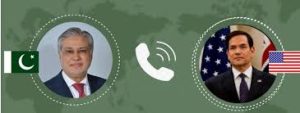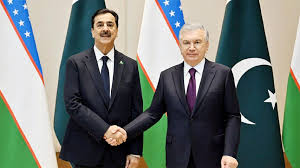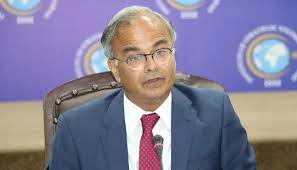Pakistan keen on Iran’s role in China-Pakistan Economic Corridor
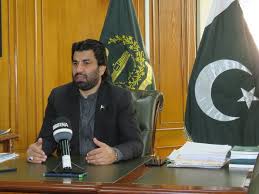
Islamabad: Deputy Speaker of Pakistan’s National Assembly Qasim Khan Suri said on Tuesday that Pakistan looks forward to Iran’s participation in China-Pakistan Economic Corridor CPEC.
Qasim Khan Suri made the remarks in an exclusive interview with IRNA. He said that CPEC along with the 25-year strategic cooperation plan between Iran and China, will enhance joint cooperation of the three important countries and will pave the way for regional communication, fight against poverty, strengthen trade and create job opportunities.
Referring to China-Pakistan Economic Corridor (CPEC) project, he said, “We are eager for Iran’s participation in this plan as Tehran-Beijing-Islamabad partnership would benefit the entire region.”
The 51-year-old politician from ruling Pakistan Tehreek-e-Insaf (PTI) party and a close figure to Prime Minister Imran Khan, warned against the efforts of some countries to spoil the atmosphere of regional cooperation and prevent formation of coalitions for understanding among the regional states.
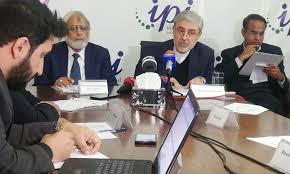
“We must stop expansionism in the region, especially in the subcontinent, to harm our common interests and goals,” he said.
Under the CPEC many infrastructure projects are under construction throughout Pakistan. Originally valued at $46 billion, the value of CPEC projects is now worth $62 billion.
Construction of rail and road transport networks from northeastern Pakistan, bordering China to southwestern Pakistan, at Gwadar port is one of the most important parts of the CPEC project. It is the flagship project of the One Belt, One Road initiative. The development of Pakistan’s Gwadar port is also part of the plan.
The multibillion-dollar plan has created a “strong” and “long-term” link between China and Pakistan. The launch of the project shifted the focus of relations between the two countries from defense cooperation to economic cooperation.
The Deputy Speaker of the National Assembly of Pakistan commenting about the compromise of some countries in the region with the Zionist regime in the region said that our position is very clear in this regards and we would never accept Israel.
Qasim Khan Suri expressing his views said Israel is an illegitimate and usurper regime that has occupied the lands of the oppressed Palestinian nation and we will never leave our Palestinian brothers alone to confront the occupying regime.
“Although the decision of some countries to compromise with the Zionists is related to their independent decision and their own foreign policy, but unfortunately these decisions are a sign of discord in the Islamic international community that has prevented addressing other concerns of the Islamic Ummah” , he said.
The Deputy Speaker stressed the need for the unity of the Islamic world to address common challenges, including the Palestine and Kashmir.
In response to a question about the parliamentary relations between Iran and Pakistan, the Deputy Speaker of the National Assembly said: Pakistan has a friendship group with the Islamic Republic of Iran in its National Assembly, which is the largest friendship group in the parliament.
“We are determined to strengthen the role of parliaments to develop bilateral relations and cooperation between the governments of the two countries in various fields,” Suri added.
He said Iran is very close to the city of Quetta, the capital of Pakistan’s Balochistan province and the provincial government is closely following issues related to developing trade, strengthening border infrastructure and helping to resolve obstacles in these areas.
“Pakistan is committed to strengthen cross-border cooperation, including fencing, building border markets and expanding economic ties,” said the Dy Speaker.
The member of Pakistan Tehreek-e-Insaf (PTI) expressing his views said the performance of the Iranian government in overcoming challenges, including sanctions and the continuation of development and prosperity of the country is commendable.
“The next US administration must play a role in regional peace and global security,” he said, expressing hope that the new White
3House team would move towards regional and global peace instead of tension and a policy of violence.
“We are witnessing unrest in many parts of the world, including Syria, Yemen, Iraq, Afghanistan, Kashmir and Palestine, but this situation must improve,” added Suri.
He stated that Islamabad is strongly opposed to coercive measures and unilateral sanctions against Tehran and called on the international community to play a role in resolving these problems.
“Nevertheless, the Iranian people faced serious challenges during the Corona outbreak, especially the imposition of sanctions,” he said.

